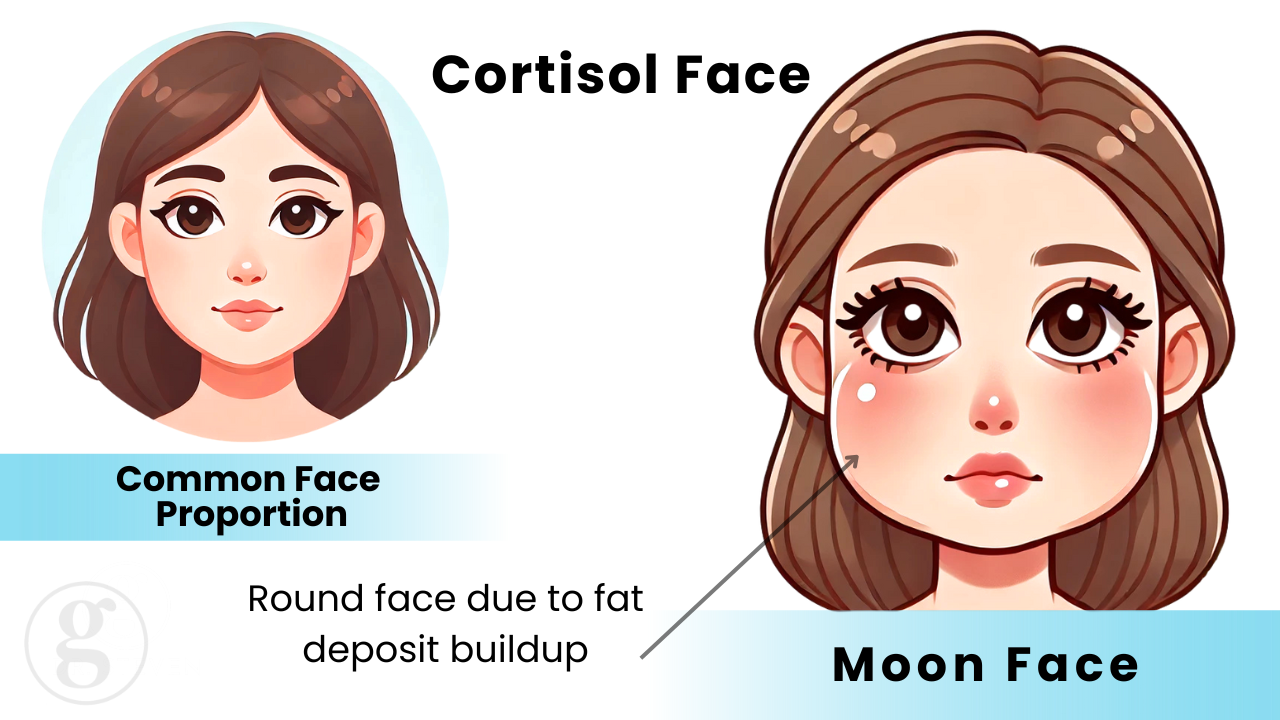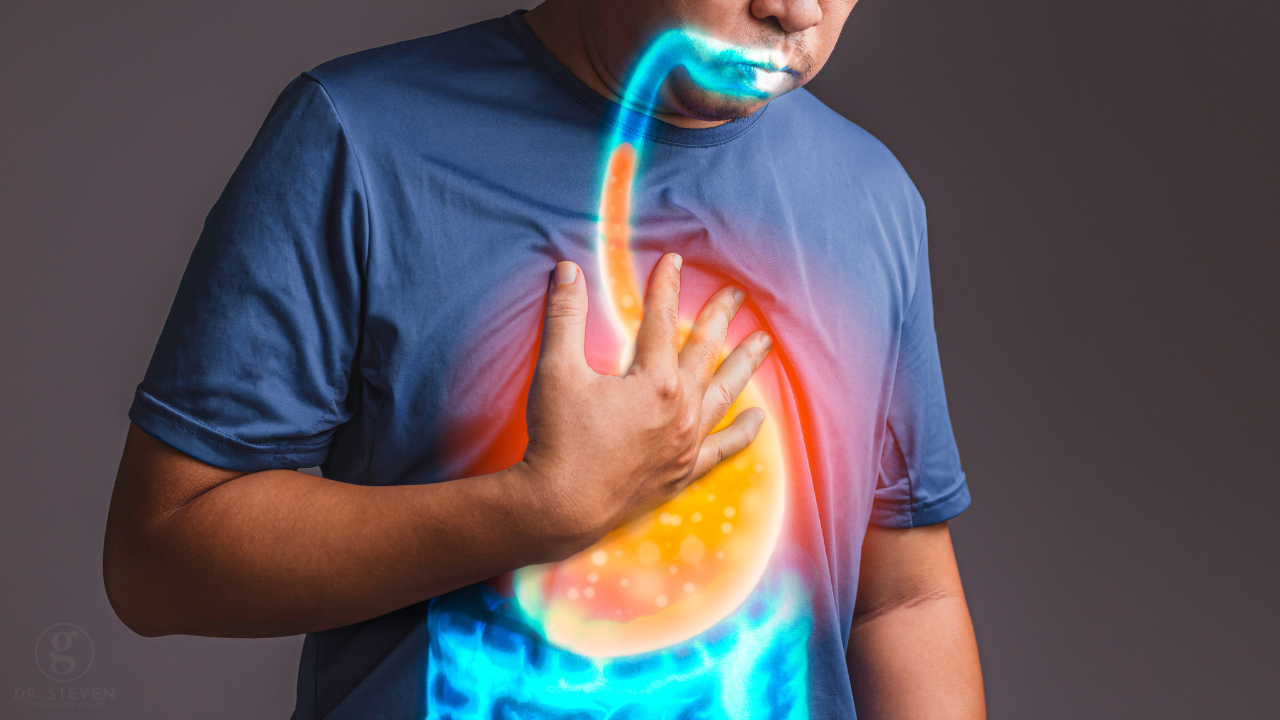Your Place For Answers: Blood, Brain, Body, Behavior.
Anti-aging, Bone Health, Gut & Brain Health
Can You Take Too Much Vitamin A? Signs, Risks, and What to Do
READ ARTICLE

Unlock Your Metabolic Potential
With over 25 years of clinical experience, Dr. G has worked with patients worldwide to improve their health with personalized wellness solutions to resolve and reverse conditions.
TAKE THE QUIZ









